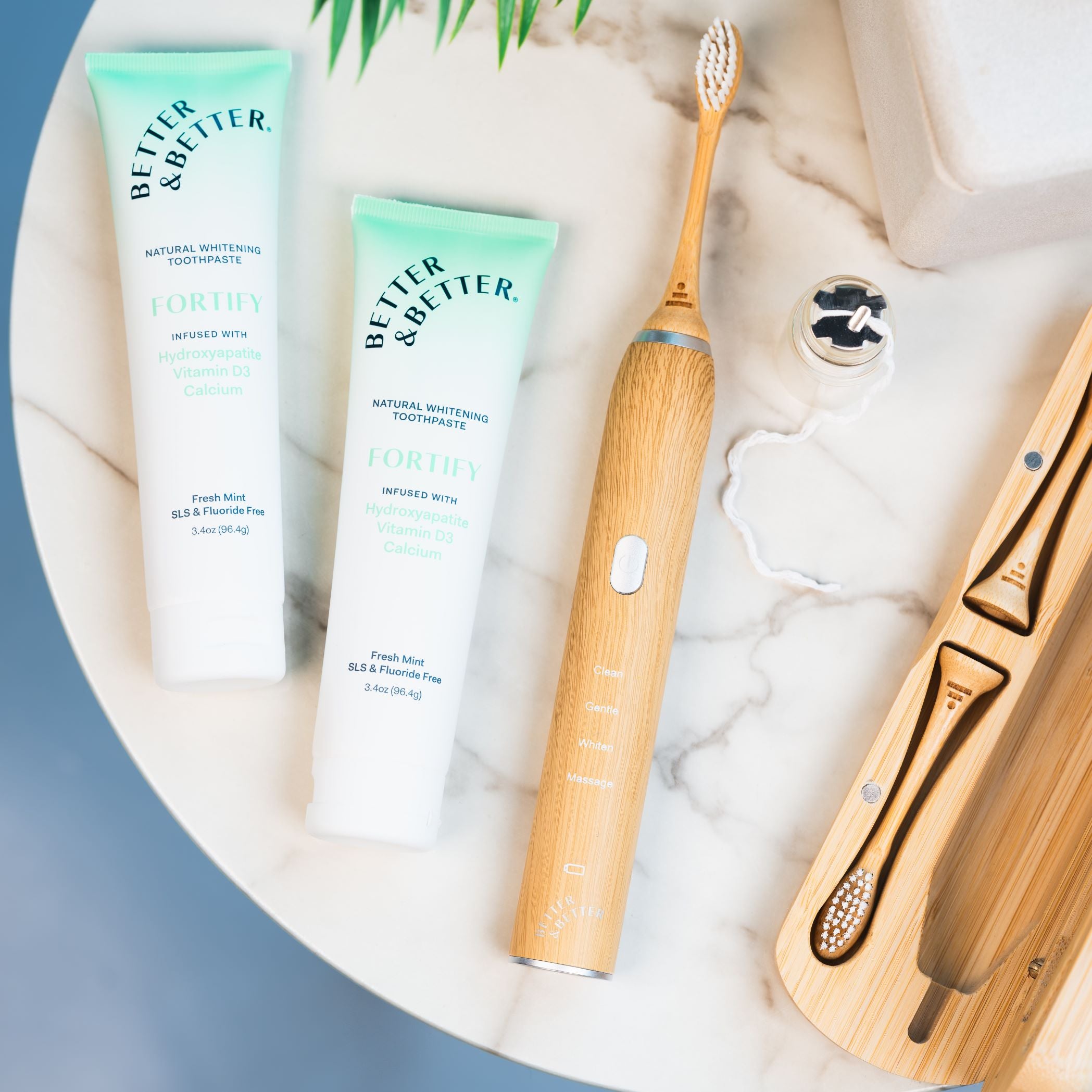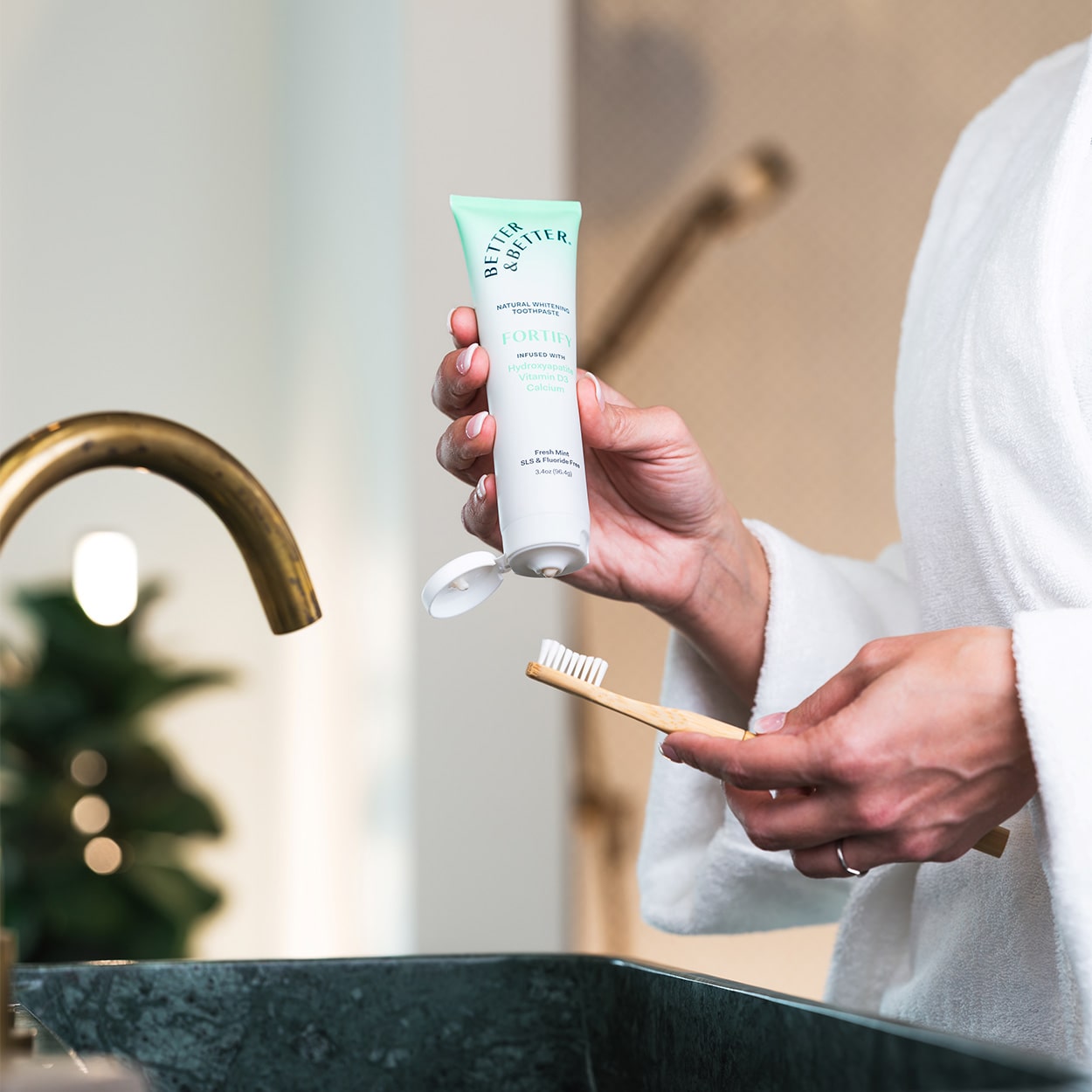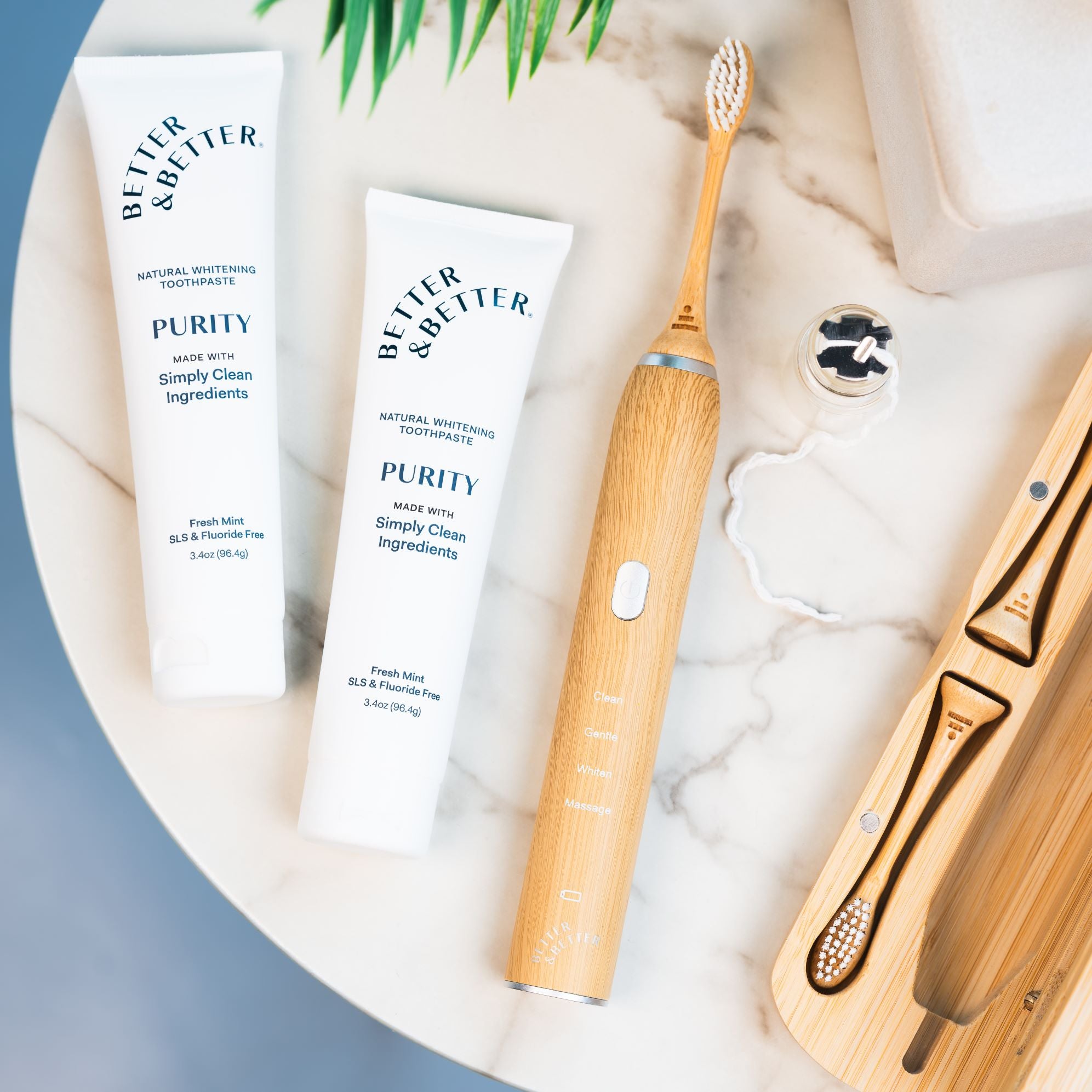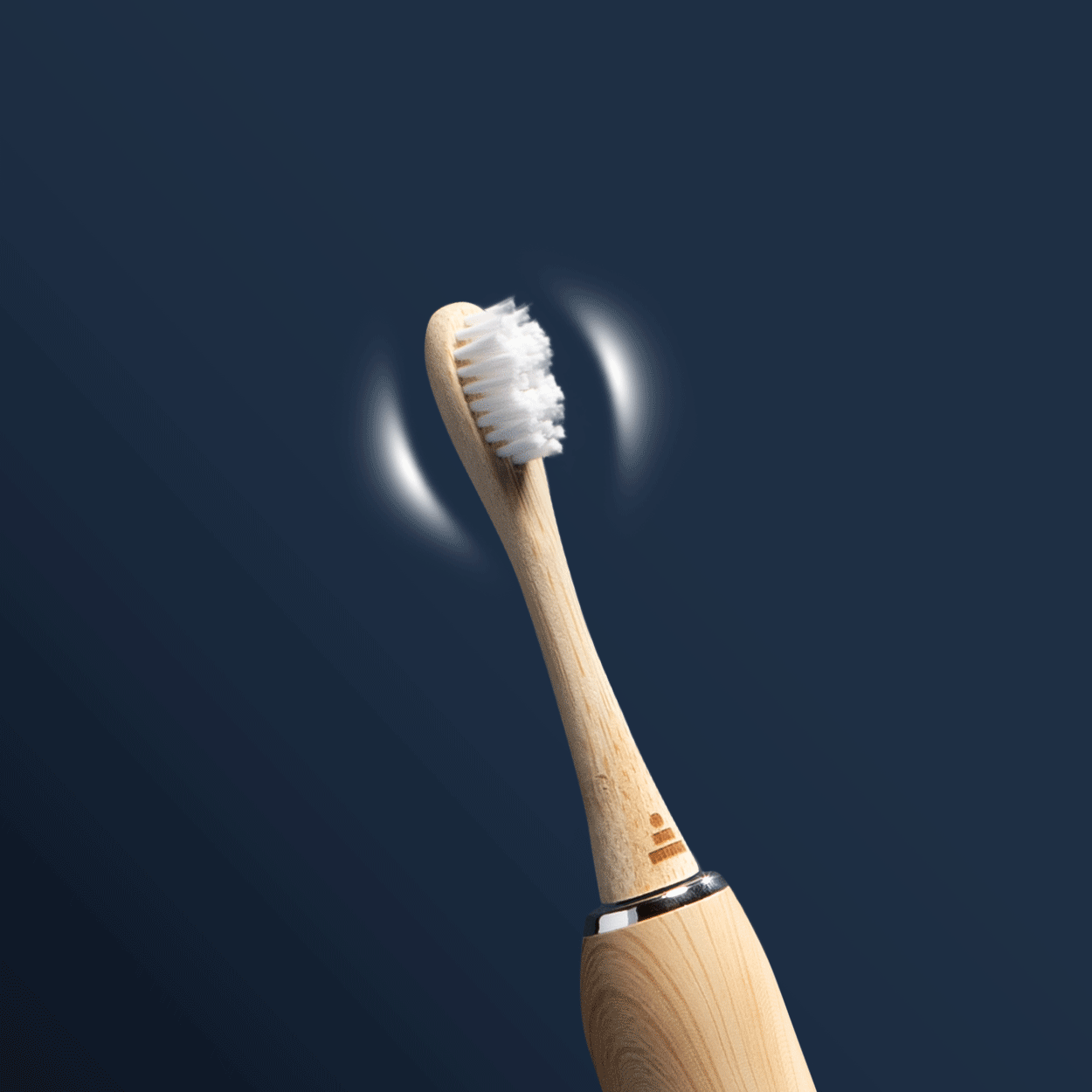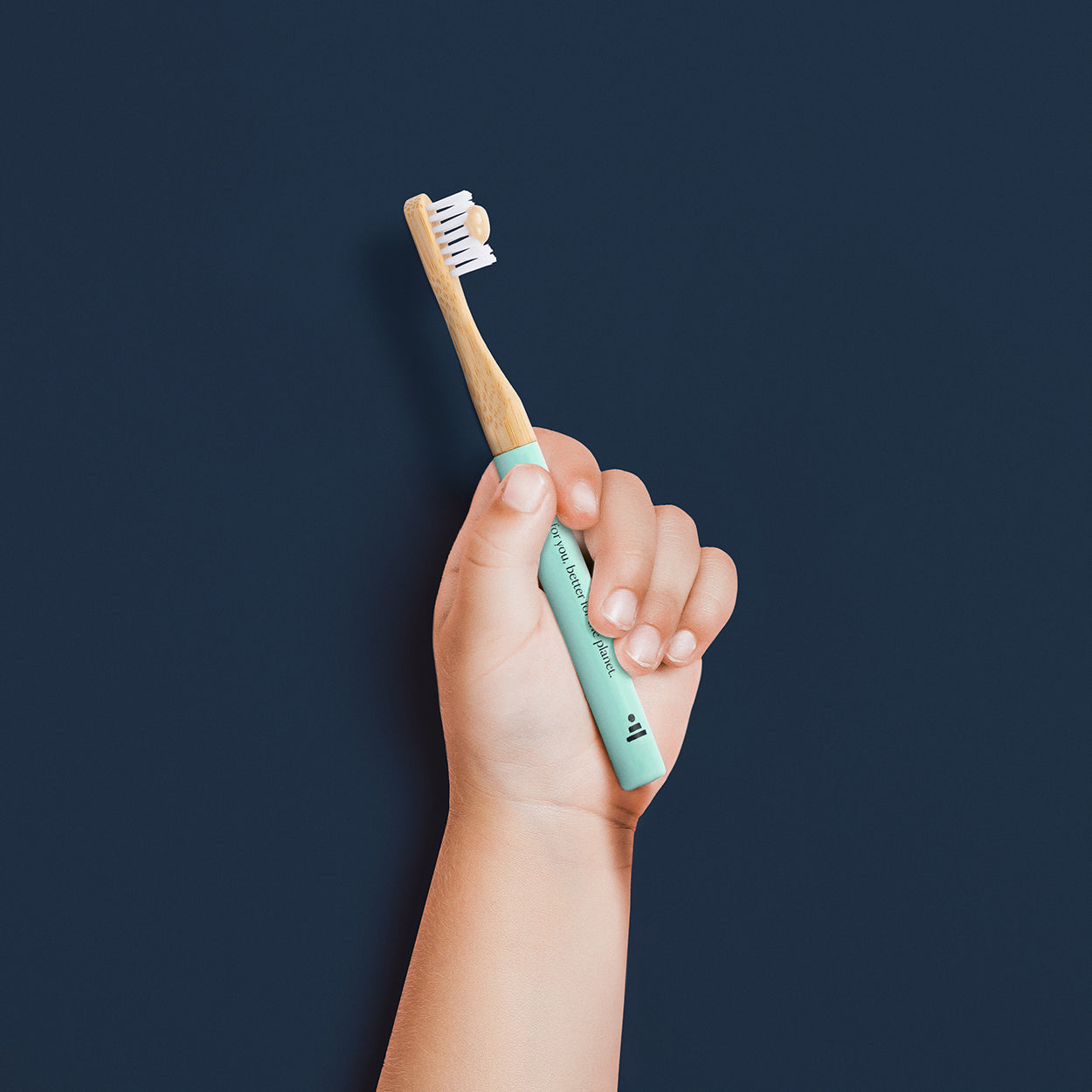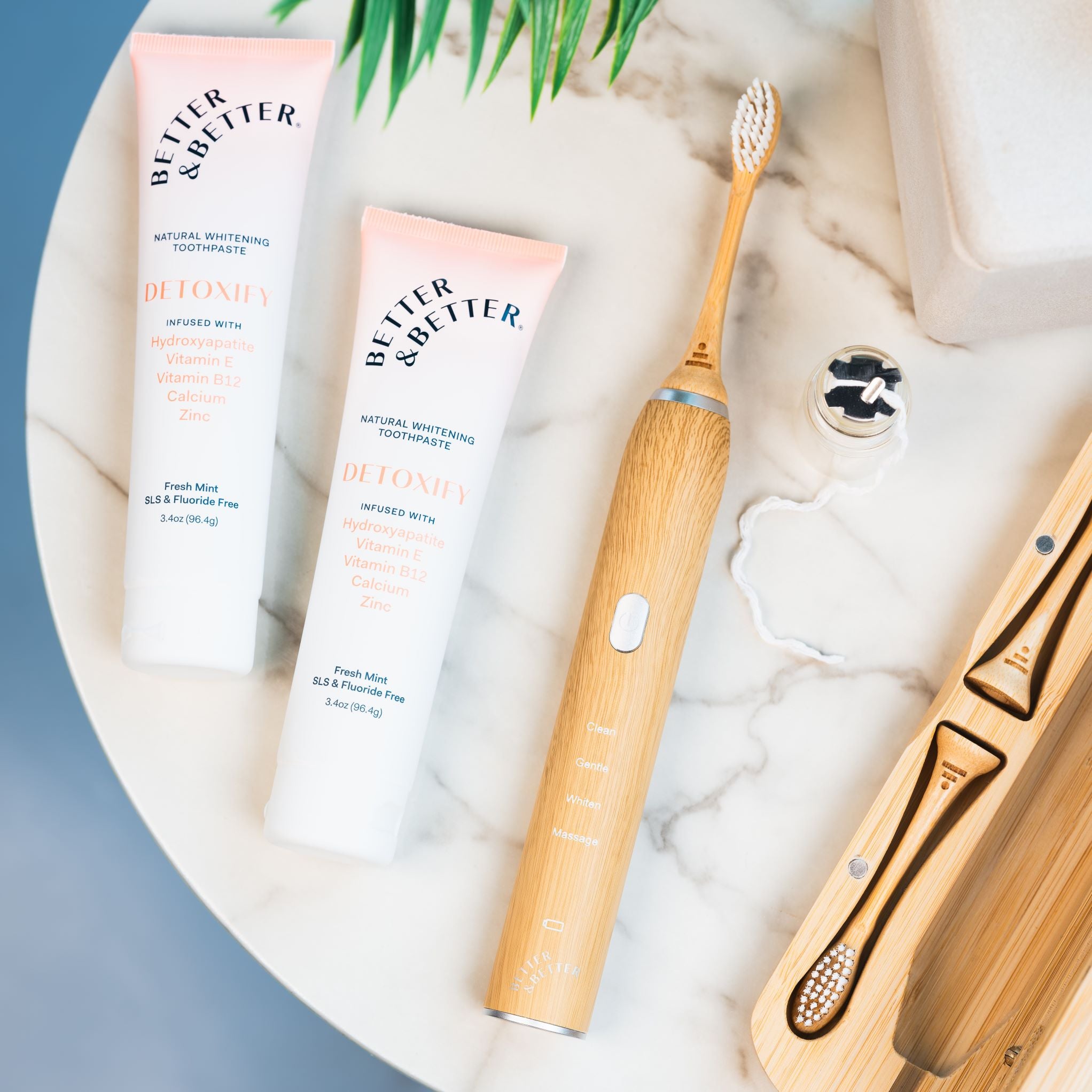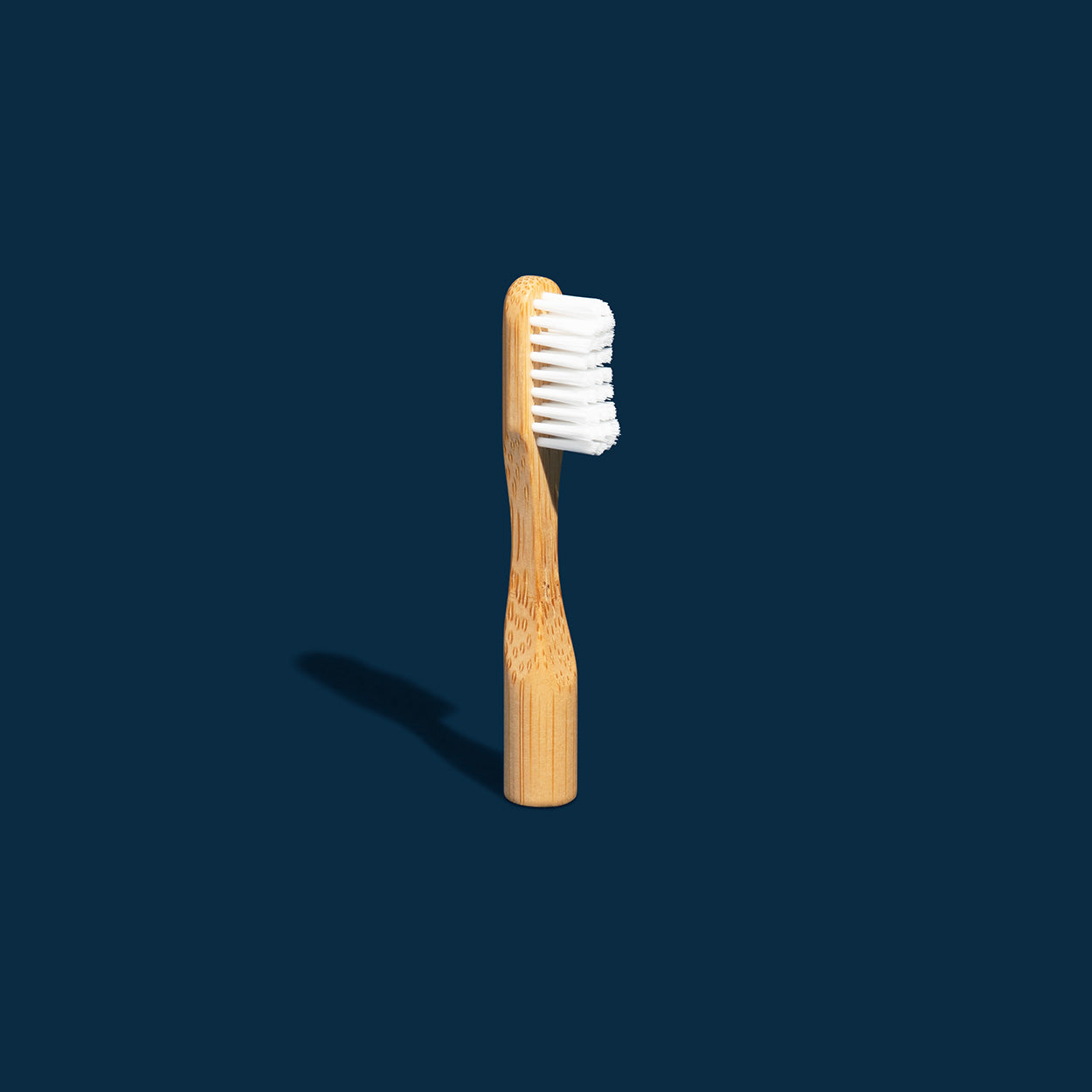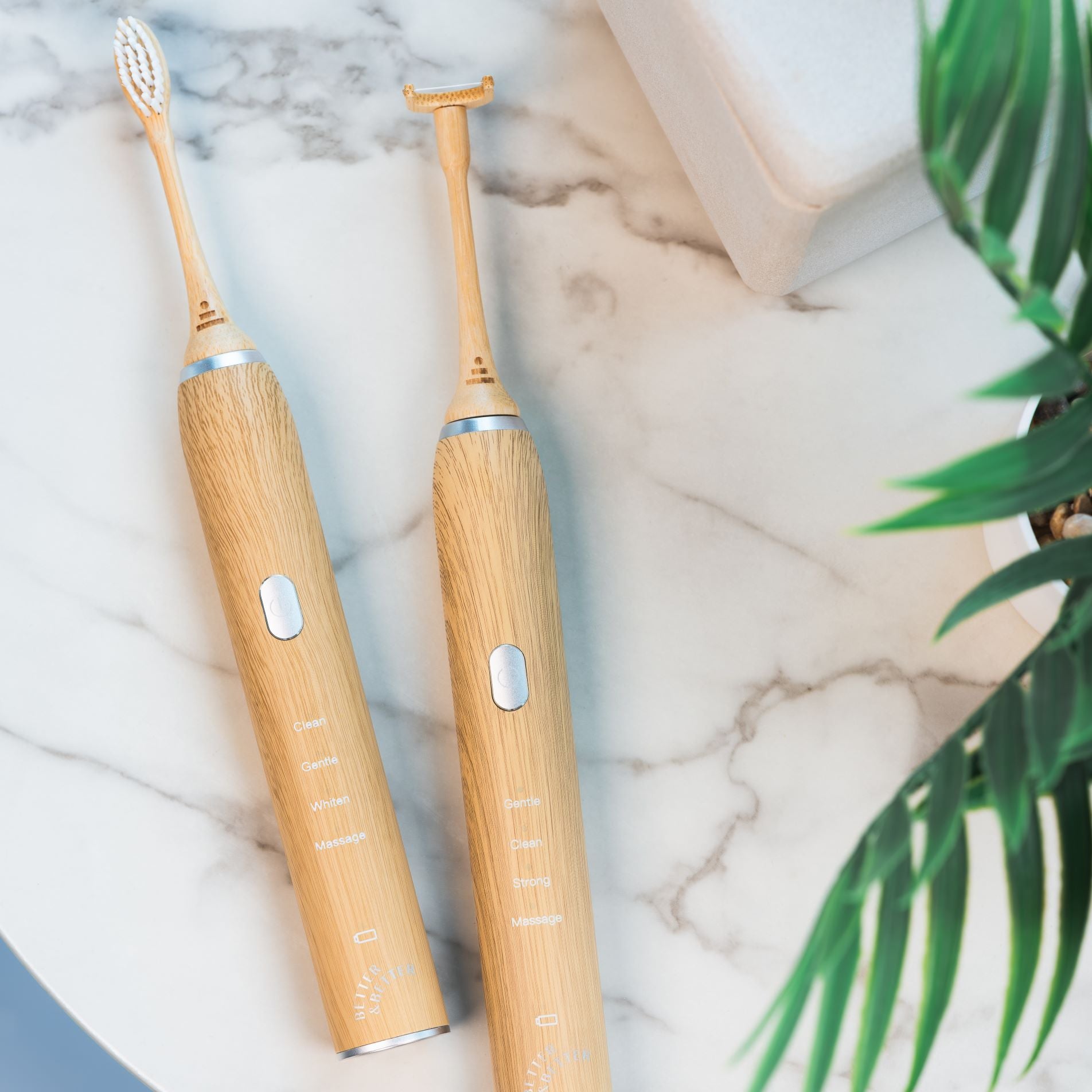Americans appear to be more focused on self-care than ever before, but the data suggests a different story when it comes to people’s flossing habits.
Nearly a third of adults never floss their teeth, according to the CDC, and 37% floss less than daily.
But is it really a big deal if you don’t floss every day?
Flossing may not be the most glamorous part of your daily routine, but it’s the best thing you can do to protect the health of your gums—and the health of your whole body (more on the link between oral health and overall health later).
We caught up with Dr. Rashi Gupta, our resident dentist at Better & Better, to find out what really happens when you don’t floss, how to upgrade your flossing routine, and how flossing impacts your entire body.
What Happens If You Don’t Floss Your Teeth?
It might not seem urgent to floss, especially if you brush your teeth twice a day. But brushing is just one part of the oral health equation. Your toothbrush only cleans the surface of your teeth. Meanwhile, the hard-to-reach crevices don’t get the attention they need.
“Floss helps to get in places that your toothbrush can’t reach,” says Dr. Rashi. “When food particles get stuck between your teeth or at the gum line, it can cause preventable issues like cavities, gingivitis, and bad breath.”
Let’s take a closer look at the risks of not flossing.
Gum Disease (AKA Periodontal Disease)
Flossing dislodges food debris that gets trapped between your teeth. But if you don’t remove it, bacteria build up below your gum line, which is a major risk factor for periodontitis, also called gum disease: an infection of the tissue surrounding your teeth.
Symptoms of gum disease include:
- Swollen gums
- Bleeding gums
- Painful chewing
- Receding gums
- Loose teeth or tooth loss
- Hard, brown deposits along the gum line
Heart Disease
Unhealthy gums can lead to an unhealthy heart. “People with periodontal disease are twice as likely to have heart disease,” notes Dr. Rashi.
There are two main reasons for this:
- Bacteria from the gum line can enter your bloodstream and infect your heart valves.
- Gum disease triggers inflammation throughout your body which is known to damage blood vessels, including those in your heart.
Pneumonia
Your mouth is a direct pathway to your lungs. If disease-causing pathogens migrate into your respiratory system, they can cause pneumonia: an infection of one or both of your lungs.
A 2020 study published in Scientific Reports found that routine dental hygiene habits (brushing and flossing) along with regular check-ups significantly reduce the risk of pneumonia.
“Your mouth is a gateway to your body, so flossing is one of your first lines of defense against diseases,” says Dr. Rashi.
Cavities
Flossing removes up to 80% of plaque buildup between your teeth that causes tiny areas of tooth decay known as cavities. Brushing certainly helps prevent cavities on the surface of your teeth, but flossing prevents cavities from forming in the nooks and crannies you can’t reach with a toothbrush.
Bad Breath (Halitosis)
Contrary to popular belief, bad breath is rarely caused by the food you eat—it’s caused by smelly bacteria that accumulate in your mouth. If those bacteria aren’t removed, they release sulfur compounds that stink.
Dental floss actually removes the bacteria from between your teeth, whereas mouthwash and mints temporarily mask the smell.
How Often Should You Floss Your Teeth?
Adults should floss their teeth at least once per day, according to Dr. Rashi. This minimizes the amount of time bad bacteria linger between your pearly whites.
“Whether you want to floss first thing in the morning, after lunch, or before bed, the important thing is that you make a habit out of it,” she says.
Can Dentists Tell If You Don’t Floss?
Even if your teeth look and feel healthy, there’s a good chance your dentist can tell if you haven’t been flossing regularly.
“I can absolutely tell when patients don’t floss,” says Dr. Rashi. “I see it all the time.”
Dr. Rashi notes that people rarely come clean about their lack of flossing (no pun intended), but there are a few clues that suggest the patient doesn’t floss as much as they should.
“When someone’s gums are red or swollen, that’s usually a sign they aren’t flossing,” she says. “Cavities starting between teeth and bad odor all are also red flags.”
What Causes Gums to Bleed When Flossing?
People often ask Dr. Rashi: Why do my gums bleed when I floss?
More often than not, the answer is that they aren’t flossing enough. “When food particles and plaque accumulate on the gum line, gums can bleed when you attempt to remove them, especially if you haven’t flossed in a while.”
Flossing too aggressively or pressing the floss into your gums can cause them to bleed too.
Bleeding gums are also a common occurrence for pregnant women. We explain how to manage that in our guide to oral care during pregnancy.
What Is the Best Dental Floss to Use?
Choosing the right dental floss makes a big difference for your body’s health—and the planet’s health. All of the options can be overwhelming, so we asked Dr. Rashi to recommend her favorite type of floss.
“I look for a waxed dental floss, ideally one that’s coated with oil or mint,” says Dr. Rashi. “I recommend Better & Better’s Natural Floss because it has peppermint oil and jojoba oil to soothe gums with a hint of freshness.”
If you got your dental floss from the supermarket, there’s a good chance it contains harsh chemicals and plastics that are bad for you and the planet. Not to mention, most dental floss isn’t vegan-friendly.
For a closer look at these product labels, check out our complete guide to dental floss.
Floss for Your Whole Body, Not Just Your Mouth
We all love the relief of dislodging a pesky piece of food caught between our teeth. But as you can see, that’s far from the only benefit of daily flossing. When you practice good oral hygiene, you take care of your heart, lungs, brain, and beyond.
We want to make it as easy as possible to stick to your flossing routine, so we created a subscription for our natural, vegan floss. After you get your initial shipment, which includes a refillable glass jar, we’ll deliver refills to your doorstep every two or four months.
Oh, and did we mention you get 20% off plus free shipping? Your flossing routine just got way fresher.
If you got your dental floss from the supermarket, there’s a good chance it contains harsh chemicals and plastics that are bad for you and the planet.
Not to mention, most dental floss isn’t VEGAN-FRIENDLY.
For a closer look at these product labels, check out our COMPLETE GUIDE TO DENTAL FLOSS.




